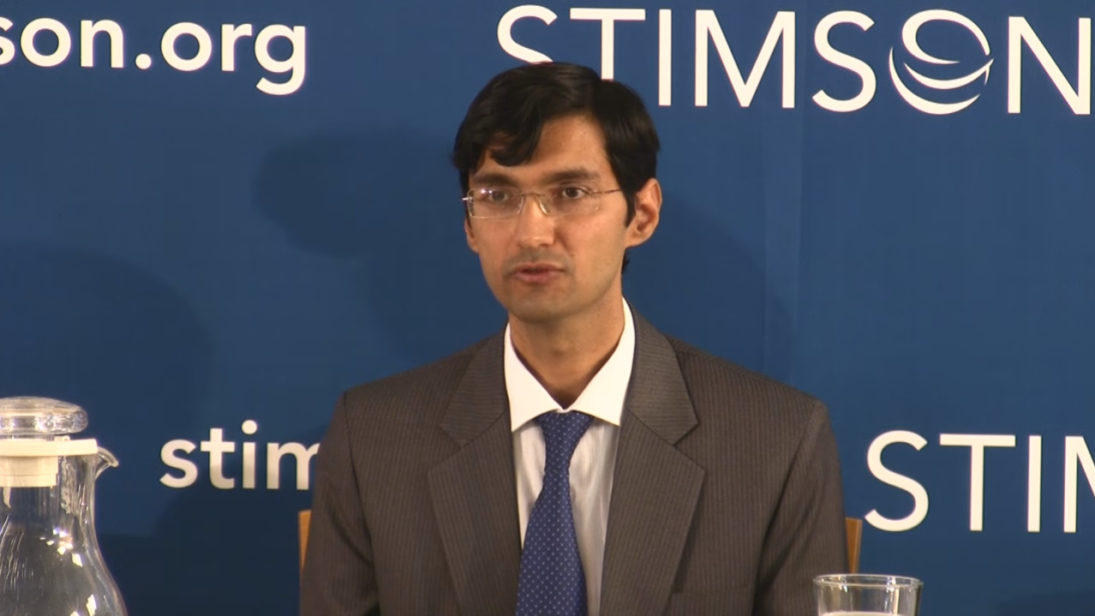
Back in December, two Generation Why bloggers – Sitakanta Mishra and Mansoor Ahmed – presented their joint research on “Cooperative Measures to Support the India-Pakistan Agreement on Reducing Risk from Accidents Relating to Nuclear Weapons,” at the Stimson Center. A summary of their study – to be released later this month – along with a short video excerpt of their talk, is below:
“In 2012, India and Pakistan reaffirmed the Agreement on Reducing Risk from Accidents Relating to Nuclear Weapons. Despite a history of mutual animosity and persistent conflict between the two countries, this agreement derives strength from a few successful nuclear confidence-building measures that have endured. It also rests on the hope that the region would be spared an accidental nuclear weapon detonation that might be misconstrued as a deliberate use of a weapon by the other side. This study brings together two emerging thinkers from South Asia to explore measures to support the Agreement and further develop cooperation around this critical security issue.
“The study, which was conducted at the Cooperative Monitoring Center at Sandia National Laboratory, briefly dwells upon the strategic landscape of nuclear South Asia with the respective nuclear force management structures, doctrines, postures of India and Pakistan. It outlines the measures in place for the physical protection and safety of nuclear warheads and nuclear materials and command and control mechanisms in the two countries, and goes on to identify the prominent emerging challenges posed by the introduction of new weapon technologies and modernization of the respective strategic forces. This is followed by an analysis of the agreement itself leading up to a proposed framework for cooperative measures that might enhance the spirit and implementation of the agreement.”